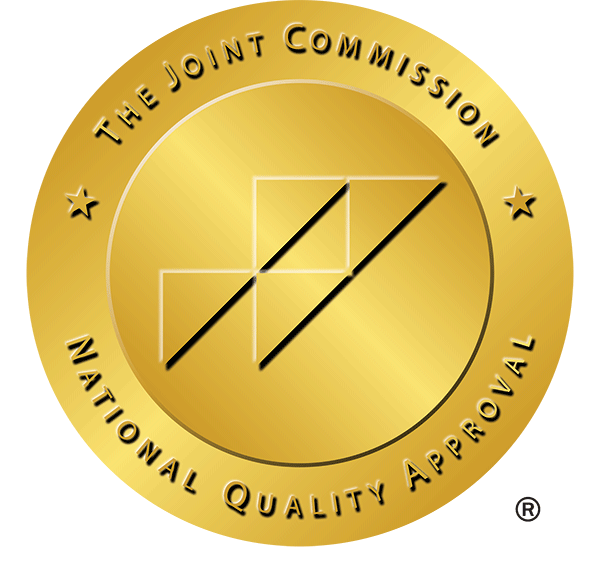Individually tailored addiction treatment should meet all the mental health needs of the client. Often, unfortunately, that means that some sort of trauma therapy is offered at most residential and through many outpatient treatment programs. Trauma therapy should be available to address the mental health concerns of those learning to manage substance abuse, as the triggers for prior traumatic events often lead to misuse of substances as an improper coping mechanism. If you need help now, contact Stillwater Behavioral Health to speak with a medical professional about how we can support you to create a happier, healthier headspace.
Are Trauma and Addiction Related?
When it comes to addiction treatment, studies have shown that between 50-70% of individuals, especially young adults, with a substance abuse disorder have also experienced a trauma. This indicates that trauma therapy is crucial to addiction treatment. Trauma is defined by the Substance Abuse and Mental Health Services Association as individual trauma as resulting from “an event, series of events, or set of circumstances that is experienced by an individual as physically or emotionally harmful or life threatening and that has lasting adverse effects on the individual’s functioning and mental, physical, social, emotional, or spiritual well-being.” Trauma can occur at any time and to any one. Studies in the 1980s indicated that of the returned Vietnam War Veterans with PTSD, over 70% also experienced a substance use disorder. Substance abuse and trauma are cyclical, co-morbid events. Trauma often causes individuals to self-medicate or increase their substance use, therefore increasing the likelihood of being re-traumatized.
What Is Trauma Therapy in Addiction Treatment?
While traditional trauma treatment within addiction treatment programs was thought to increase the likelihood of relapse, new studies have shown that individuals that address the root causes of trauma in a structured addiction treatment, are actually more equipped to manage trauma triggers and utilize learned coping skills with more frequency and ease.
The Office of Veterans Affairs indicates that individuals with PTSD and Substance Use Disorders often benefit from “evidence-based trauma-focused PTSD treatment such as Prolonged Exposure and Cognitive Processing Therapy.
Trauma therapy in addiction treatment should be psychoeducational and have a cognitive-behavioral basis to focus clients on the holistic healing of the mind, body, and spirit. Additionally, it should be present-focused so that clients can build a comprehensive skill-set to identify and manage trauma stressors. Finally, it should include some aspect of empowerment to support comprehensive healing.
How to Get Help With Trauma and Addiction Today
While none of us are prepared for the traumas that come from natural disasters, acts of violence, or even accidents, there are people available and who know how to treat the related mental illness. At Stillwater Behavioral Health, our medically trained, compassionate staff can provide high-quality trauma and addiction treatment through an intensive residential program at our luxury Southern California location Montecito. With a 3:1 staff to client ratio, your dedicated team will be there to support you through every step of the PTSD and addiction treatment and recovery process.
Our holistic approach to rehabilitation focuses on healing the mind, body, and spirit by combining traditional and alternative therapies in group and individualized therapeutic settings. With hand-crafted treatment programs, we focus on the specific needs of our clients and support them while they address the root causes of their addiction. In a luxury setting, we challenge our clients to focus wholly on rehabilitation. Private and semi-private rooms with spa-quality amenities provide individuals a relaxing experience. In an intimate setting, clients can experience personalized care from familiar staff and develop positive coping and self-management skills. Stillwater Behavioral Health can support you or your loved one through trauma and addiction treatment. Contact us today to speak with someone on our caring and compassionate staff.




